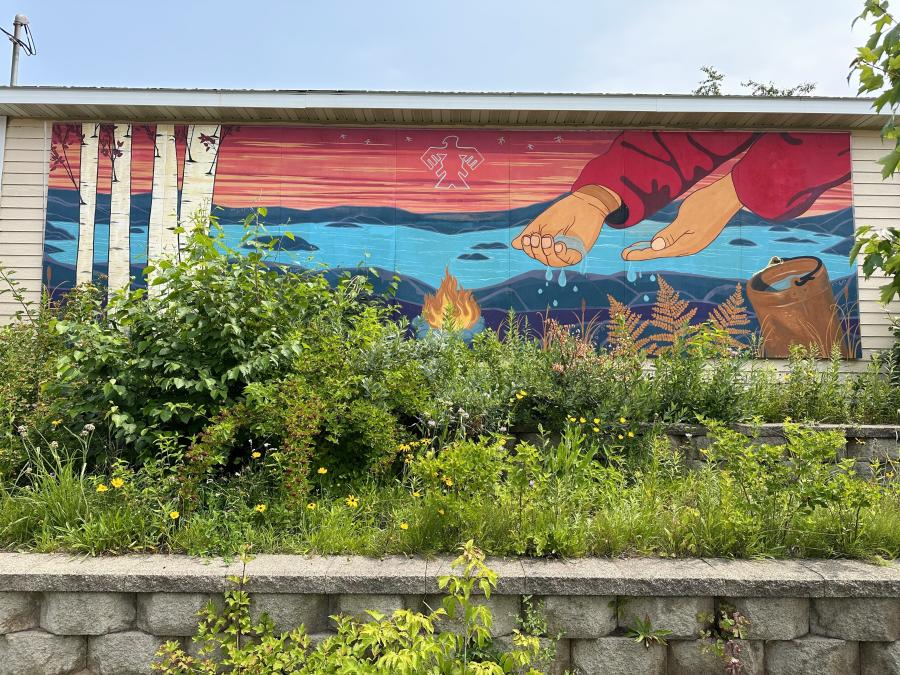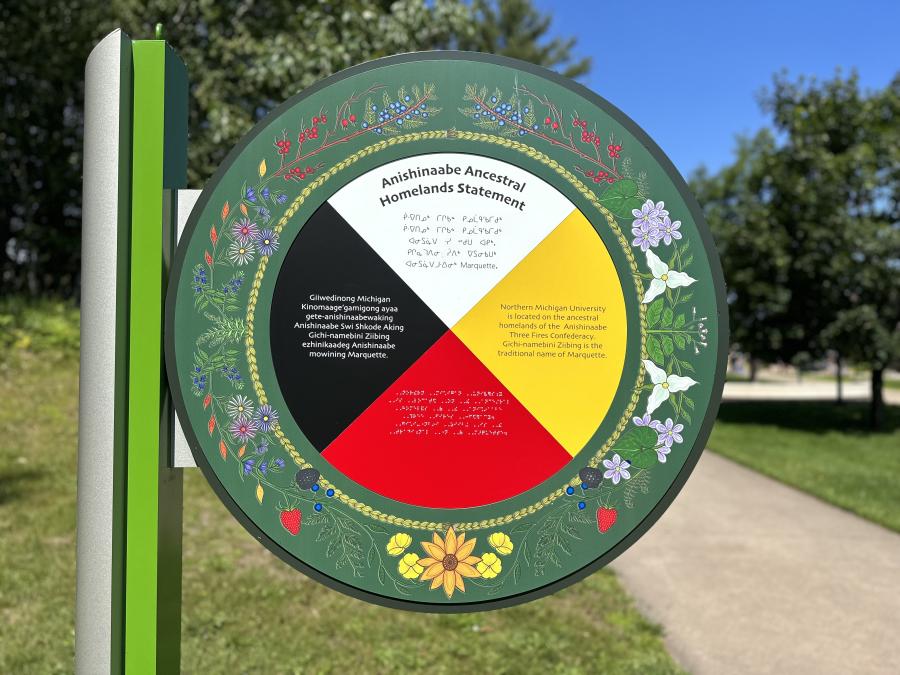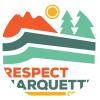Being prepared to recreate outdoors extends well beyond acquiring the proper gear and navigation tools. It is equally important to be conscientious and knowledgeable of the land you intend to tread.
Cultural awareness: Know before you go
Remember that you are on Indigenous land no matter where you travel. In acknowledging this fact, it’s important to respect the sacred nature of ancestral homelands. This can be done by practicing mindfulness and learning about the values, priorities, and work of the Indigenous peoples who have called the land home for countless generations.
When visiting Marquette County, you are entering Anishinaabe Akiing – the ancestral and present-day homelands of the Anishinaabe Three Fires Confederacy of Ojibway, Odawa, and Potawatomi nations. The Anishinaabeg have inhabited Gichi-namebini Ziibing (Marquette) for time immemorial, the land only being ceded to the United States government as a result of the Treaties of 1842 and 1836.
Despite the cessation of land, the Ojibwe bands retained the right to hunt, fish, and gather, along with all other privileges of occupancy within these territories. With this, the Anishinaabeg have continued to practice their rights and exercise forms of recreation sustainably, thanks to their generational appreciation and knowledge of their lands.

For the Anishinaabeg, bimaadiziwin nibi (water is life), and Gichigami (Lake Superior) is a powerful and revered life source to them. While the cool waters of the big lake are to be enjoyed when swimming and boating, remembering that all life here depends on the health and prosperity of Lake Superior and the surrounding ecosystems should encourage you to remain mindful of any impact you may make while exploring.
When recreating outdoors, practice being a steward of the land. By picking up trash, staying on designated trails, and observing wildlife from a distance, you are exercising reciprocal respect with the plants, animals, and other living species that occupy the land. In doing so, you are helping ensure the preservation of nature, or life, for the next seven generations – an Indigenous philosophy that states all decisions being made today should contribute to a sustainable future.
It is important to be educated on the cultural norms of places you intend to visit. Research how you can be respectful and supportive of Indigenous peoples while recreating. Resources to help you learn more about the Anishinaabeg and area tribes can be found on the Great Lakes Indian Fish and Wildlife Commission (GLIFWC), Center for Native American Studies (CNAS), and Keweenaw Bay Indian Community (KBIC) websites.
This blog was written in collaboration with a representative of the Keweenaw Bay Indian Community.



